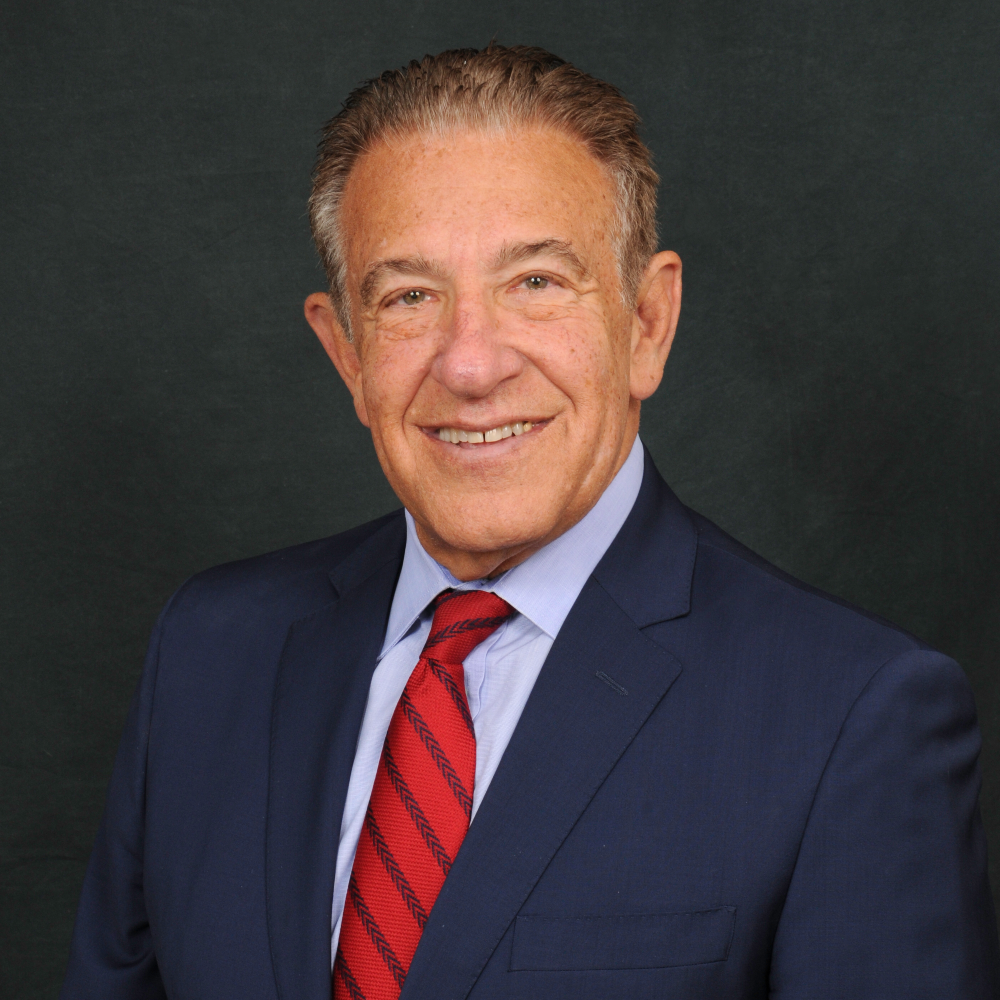Featuring Barry A. Hendin, MD
MSAA’s Chief Medical Officer
Question: As we enter into the New Year, what strategies do you recommend for positive mental and emotional health?
Answer: Of all the questions I’ve been asked over the past couple of years this is probably the most difficult to answer… and to answer briefly. For some people, positive mental and emotional health comes more easily and naturally. It doesn’t require a strategy or a lot of work. Perhaps it’s the good luck of genetics or a positive and nurturing upbringing. But clearly for some people, happiness is more difficult and requires more work. For the latter and probably much larger group, it does require more work, and more effort, and maybe a strategy. It’s clear to me that the effort is worth undertaking!
There is “no one size fits all” answer. Each person will need to seek one’s own best path to mental and emotional wellbeing. For people with MS, that path should include a focus on physical as well as mental wellness. On the physical side, wellness should include regular exercise, a healthy but not a punitive diet, avoidance of tobacco, and a regular sleep pattern. On the social and emotional side, it should include a maintenance of your human connections, whether that be with your family or your friends or your religious community or your general community. It’s important to establish what is meaningful for you and purposeful for you! Maintaining meaning and purpose in your life is essential.
For people with and without multiple sclerosis, maintenance of good general health is important. People with MS do much better if the other aspects of their health are attended to, including blood pressure, cardiovascular health, and individual issues such as control of blood sugars for people with diabetes.
However, for many people, emotional wellbeing or happiness requires a more direct intervention. Depression and anxiety are particularly common in people with MS. Psychologists, psychiatrists, and counselors can be helpful in treating depression and anxiety, both pharmacologically and non-pharmacologically.
Achieving better mental and emotional heath is an important and realistic goal.
To our MS family and community, I wish you a happy and healthy New Year!
Barry A. Hendin, MD, is a neurologist and Director of the Multiple Sclerosis Center of Arizona. He is also Director of the Multiple Sclerosis Clinic at Banner University Medical Center and Clinical Professor of Neurology at the University of Arizona Medical School.


